Green Growth: Priceless environmental services of wetlands are key to a green, economic future
A scrappy swamp dotted with reeds, mosses, insects and frogs might not look like anything of value, but to Professor Rebecca Rooney, these ecosystems are priceless.
 Rooney, an expert in wetland ecology with the Department of Biology at the University of Waterloo, says wetlands are workhorses, providing numerous “environmental services” to us for free.
Rooney, an expert in wetland ecology with the Department of Biology at the University of Waterloo, says wetlands are workhorses, providing numerous “environmental services” to us for free.
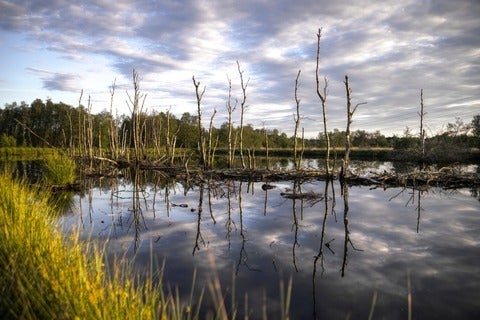
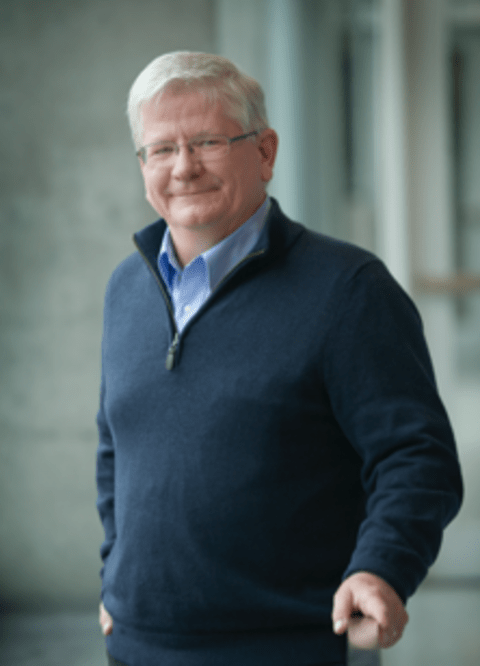
 Professor
Professor 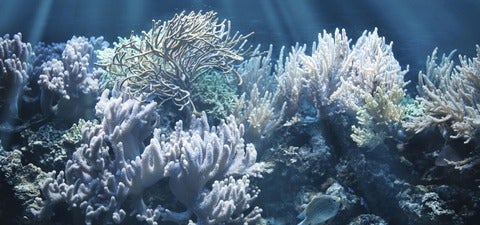
 In an era of invasive species, climate change, and rapid habitat loss, ecological systems may never experience a “stable equilibrium”, according to
In an era of invasive species, climate change, and rapid habitat loss, ecological systems may never experience a “stable equilibrium”, according to 
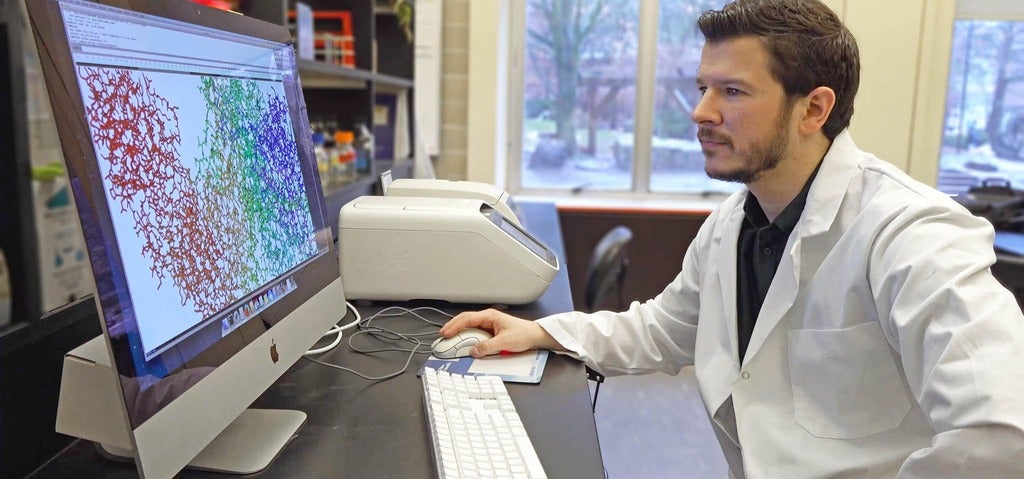
 The Faculty of Science is pleased to announce Assistant Professor
The Faculty of Science is pleased to announce Assistant Professor 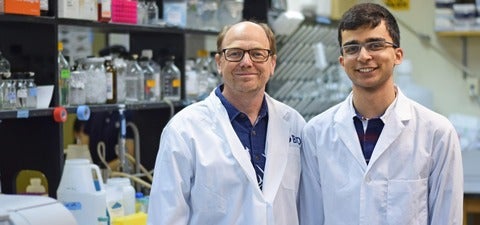
 Last week, Sajeev Kohli, a local Waterloo teen from Sir John A. MacDonald Secondary School, won the International BioGENEius Challenge, held in Boston, Massachusetts.
Last week, Sajeev Kohli, a local Waterloo teen from Sir John A. MacDonald Secondary School, won the International BioGENEius Challenge, held in Boston, Massachusetts.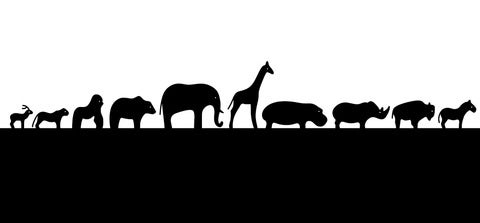
 While humans and other species share some of the same genetic information, new research found that humans are unique among mammals when it comes to the types and diversity of microorganisms on our skin. This difference could have implications for our health and immune systems.
While humans and other species share some of the same genetic information, new research found that humans are unique among mammals when it comes to the types and diversity of microorganisms on our skin. This difference could have implications for our health and immune systems.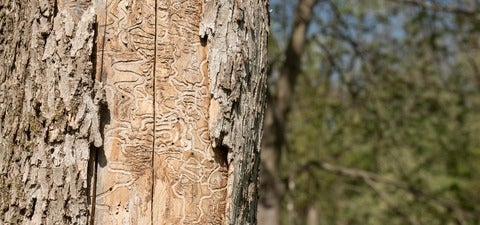
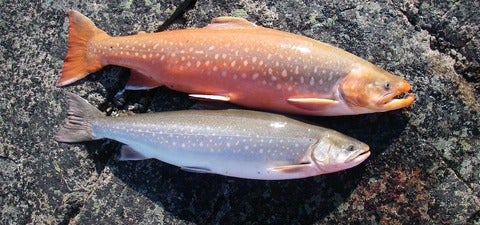
 University of Waterloo researcher Heidi Swanson is set to receive $1.2 million, over five years, from the Federal government’s $75 million Coastal Restoration Fund to perform community-partnered research. The aim of the project is to restore fish in the Coppermine River and other river systems near Kugluktuk, Nunavut.
University of Waterloo researcher Heidi Swanson is set to receive $1.2 million, over five years, from the Federal government’s $75 million Coastal Restoration Fund to perform community-partnered research. The aim of the project is to restore fish in the Coppermine River and other river systems near Kugluktuk, Nunavut.